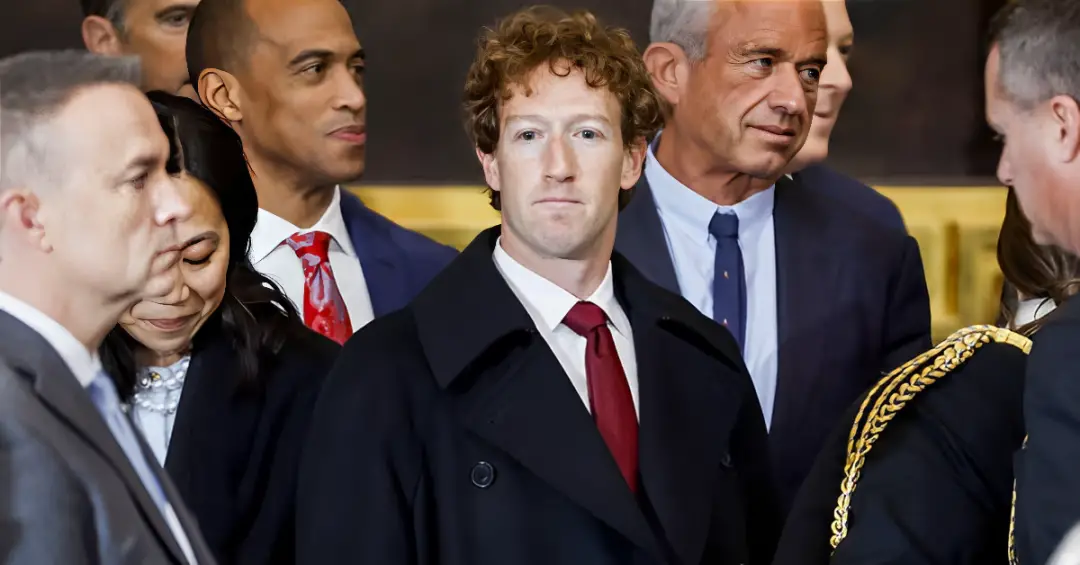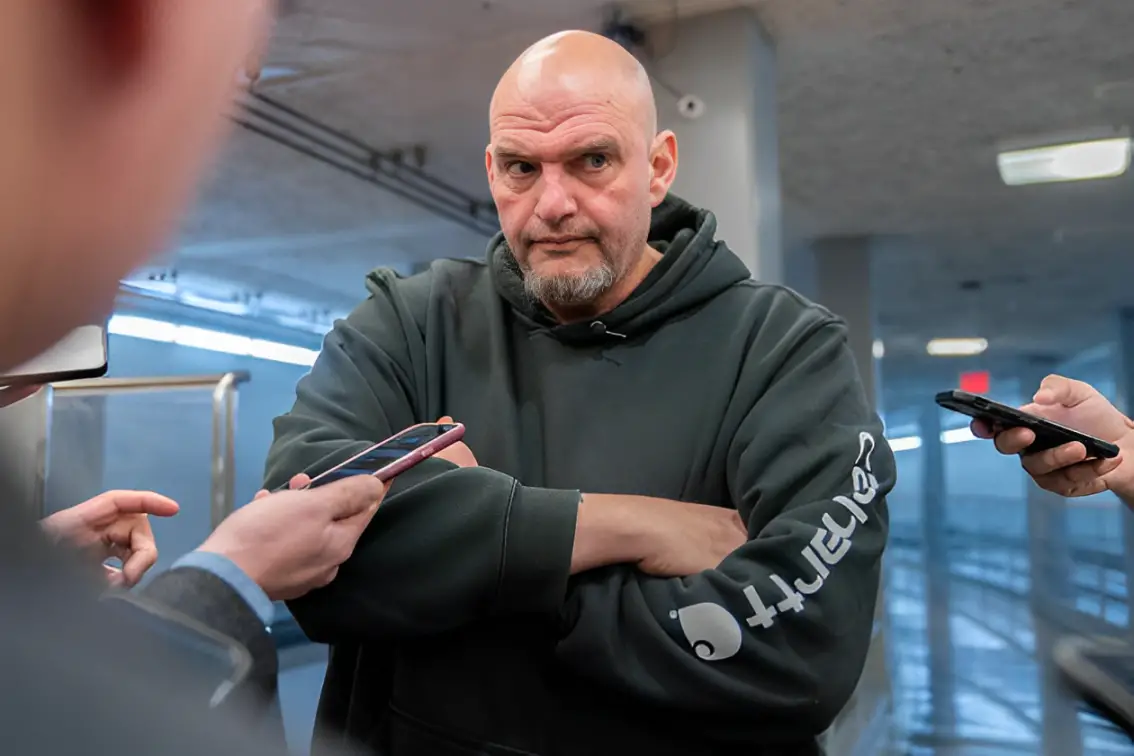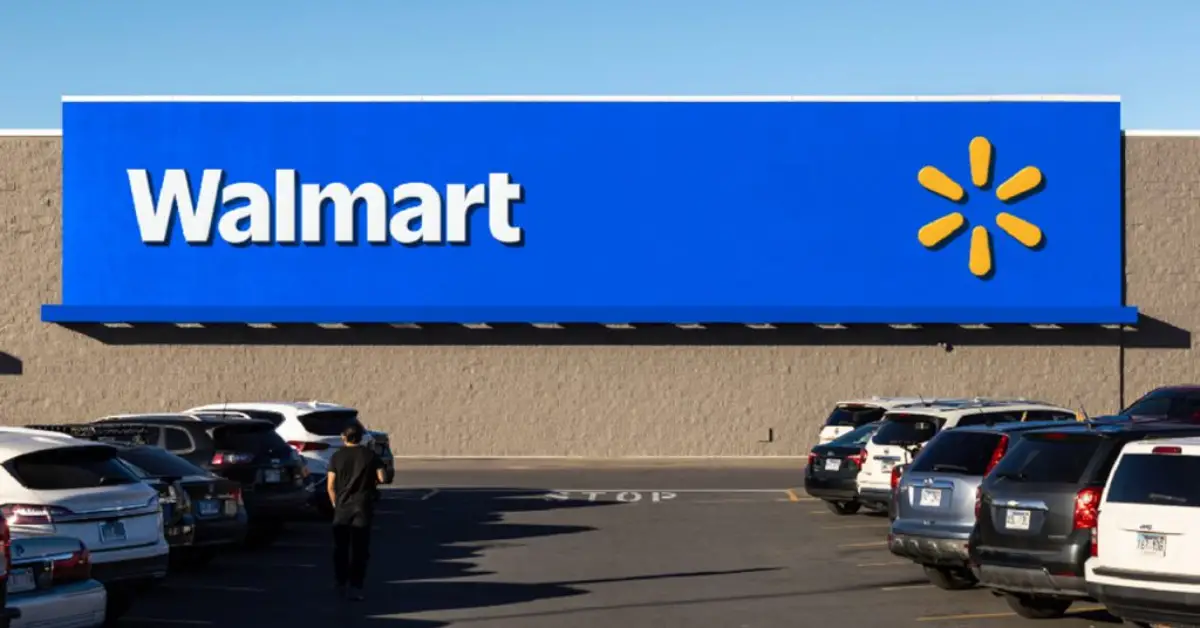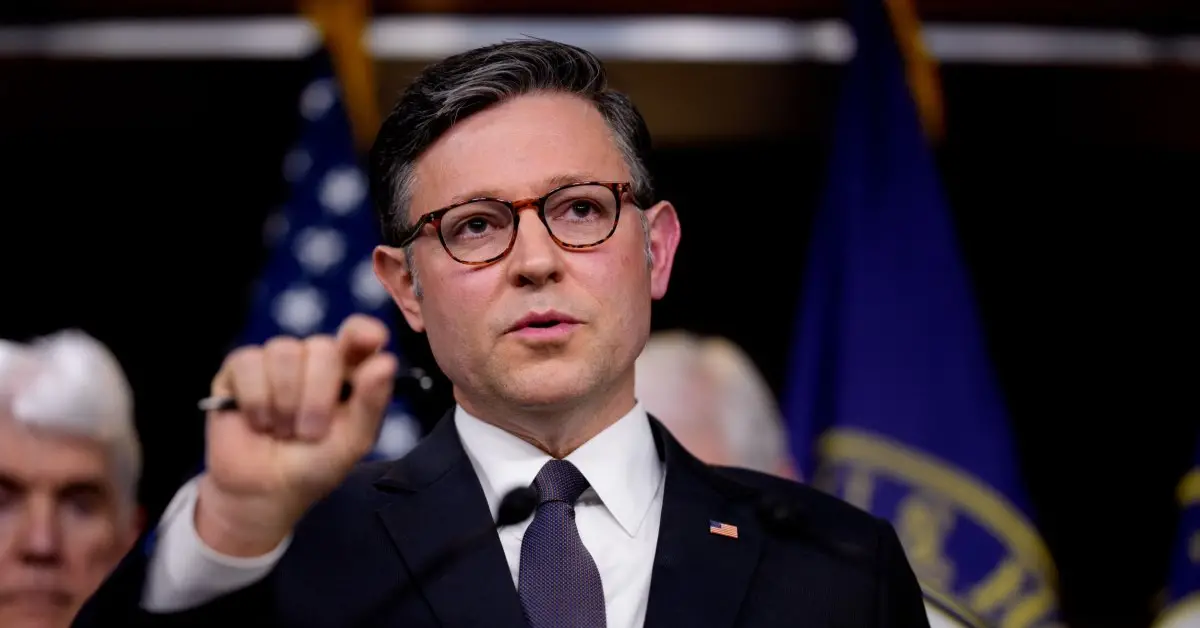Mark Zuckerberg, the CEO of Meta, has been entangled in a high-stakes antitrust lawsuit with the Federal Trade Commission (FTC). According to recent reports, Zuckerberg attempted to avoid a full-blown trial by offering a significantly reduced settlement to the FTC.
The offer, which totalled $450 million, was in stark contrast to the commission’s $30 billion demand. Despite his efforts, including seeking the support of former President Donald Trump, the FTC was unyielding, and the matter has escalated to a trial that could have major implications for Meta’s future.
Zuckerberg’s troubles stem from Meta’s acquisition of Instagram and WhatsApp in 2012 and 2014, respectively. The FTC alleges that these acquisitions were part of a strategy to create a monopoly, stifling competition and reducing consumer choice.
The antitrust lawsuit, filed in 2020, claims that Meta’s dominance in social media and messaging services has been achieved through anti-competitive practices. Specifically, the FTC argues that Meta used its financial power to buy up potential competitors like Instagram and WhatsApp, thus eliminating any threat to its market dominance.
In March 2025, Zuckerberg reportedly approached the FTC with an offer to settle the case for $450 million, a fraction of what the agency was seeking. This was an attempt to avoid a protracted legal battle and the potential consequences that could follow.
The FTC, however, was firm in its stance, insisting on a $30 billion settlement, which it deemed necessary to address the alleged harm caused by Meta’s anti-competitive behaviour. The gap between the two sides was vast, and despite efforts to negotiate, a settlement was not reached.
One of the more intriguing aspects of this development is Zuckerberg’s apparent attempt to enlist the help of Donald Trump. The tech billionaire had met with Trump on multiple occasions in the past, and the two have had a complicated relationship. In November 2024, Zuckerberg visited Trump at his Mar-a-Lago estate, where the two reportedly discussed various issues.
During this visit, Zuckerberg donated $1 million to Trump’s inaugural fund, and Meta also adjusted its policies to align more closely with Trump’s political agenda. These changes were seen as an attempt to gain favour with the former president, who had expressed disdain for Big Tech companies like Meta during his time in office.
Zuckerberg’s relationship with Trump didn’t end there. In early 2025, he met with Trump administration officials at the White House, likely to lobby for support in his battle with the FTC. The timing of these meetings suggests that Zuckerberg was hoping that Trump could use his influence to help Meta reach a favourable settlement.
In particular, Zuckerberg reportedly told the FTC that he expected Trump’s support for the $450 million settlement offer. It was an ambitious gambit, as Trump had long been a vocal critic of the regulatory policies that targeted tech companies like Meta. Zuckerberg believed that if Trump were to intervene, the FTC might be more inclined to accept a smaller settlement.
Despite these efforts, the FTC remained resolute. According to sources familiar with the matter, FTC Chair Andrew Ferguson rejected the $450 million offer outright, demanding $30 billion to settle the case. Even when Meta reportedly increased its offer to $1 billion before the trial, the FTC remained unmoved. Negotiations broke down, and it became clear that the lawsuit would move forward to trial.
Zuckerberg took the stand in what is being described as a historic trial that could have far-reaching consequences for Meta and the broader tech industry. If the FTC prevails in its lawsuit, Meta may be forced to sell off Instagram and WhatsApp, which would significantly impact the company’s business model and its position in the market.
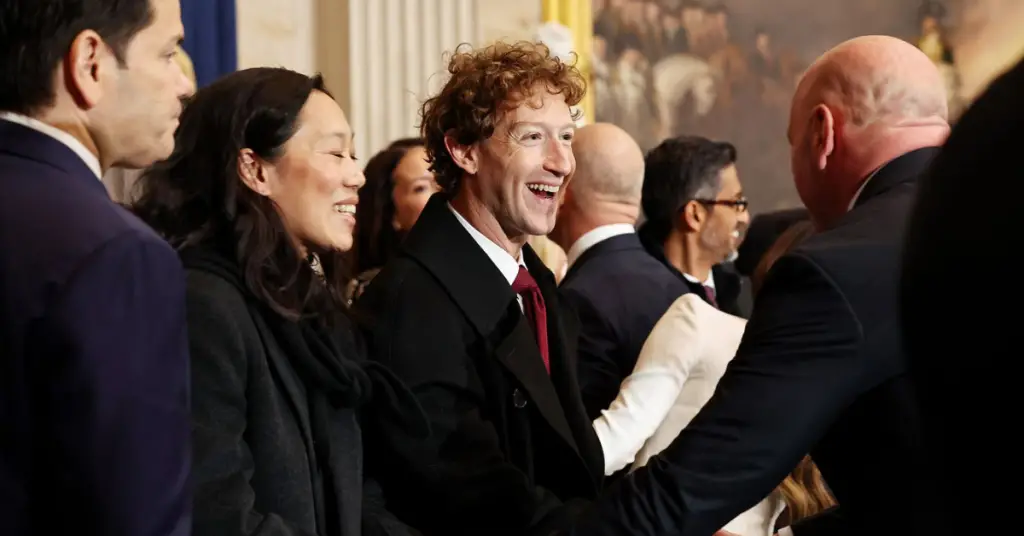
During the March phone call with the FTC, Zuckerberg expressed confidence that Trump’s influence would lead to a favourable outcome. He believed that the former president’s backing could convince the commission to accept the reduced settlement. However, Trump’s involvement, if it ever existed, did not seem to sway the FTC.
Instead, the collective influence of the FTC, White House officials, and the Justice Department’s Antitrust Division ultimately convinced Trump to allow the lawsuit to proceed to trial. This was a significant moment, as it marked a rare instance of the Biden administration and the Justice Department pushing back against Trump’s influence in the tech sector.
The decision to allow the lawsuit to proceed to trial has been met with mixed reactions. Some see it as a necessary step to address what they perceive as the unchecked power of tech giants like Meta. Critics of Zuckerberg’s strategy argue that his company has stifled competition and harmed consumers by absorbing potential rivals, thus creating a monopolistic environment.
Former FTC Chair Lina Khan, who has been a vocal advocate for stricter antitrust enforcement, called Meta’s $450 million settlement offer “delusional.” She remarked that Zuckerberg’s approach to the lawsuit seemed to reflect his belief that he could “buy his way out of law enforcement,” much as he had previously used financial means to sidestep competition. Khan’s criticism underscores the broader sentiment among antitrust advocates that the tech industry has long been able to avoid meaningful regulation.
Conversely, Zuckerberg and Meta’s supporters argue that the FTC’s lawsuit is overreaching and that the company’s acquisitions of Instagram and WhatsApp were in line with common business practices in the tech industry.
They assert that Meta’s dominance has benefited consumers by providing them with a wide range of services and features at little or no cost. Zuckerberg himself has consistently defended his company’s actions, insisting that the acquisitions were made in the best interest of the company and its users.
For now, the lawsuit continues to unfold, with Meta facing an uncertain future. The trial has already drawn significant attention, and its outcome could set a precedent for how antitrust law is applied to the tech industry in the years to come.
The FTC’s case against Meta is part of a broader trend of increased scrutiny of Big Tech. Regulators around the world are beginning to take a closer look at the power of companies like Google, Amazon, and Facebook (now Meta). This heightened scrutiny is driven by concerns over monopolistic practices, privacy violations, and the influence that tech companies wield over public discourse.
Ultimately, the case will test the limits of antitrust law and determine whether companies like Meta can continue to expand and consolidate their power in the marketplace without facing significant regulatory challenges. Zuckerberg’s efforts to settle with the FTC for a fraction of the amount originally sought were ultimately unsuccessful, and the company now faces the prospect of a protracted legal battle that could reshape the future of social media and digital communication.
We are likely to see more developments in the case in the coming months, and the trial could offer new insights into how the tech industry will be regulated moving forward. For Zuckerberg and Meta, the stakes are high, and the outcome of this lawsuit could have lasting implications for their business and for the entire tech sector.
Disclaimer: This article has been meticulously fact-checked by our team to ensure accuracy and uphold transparency. We strive to deliver trustworthy and dependable content to our readers.

